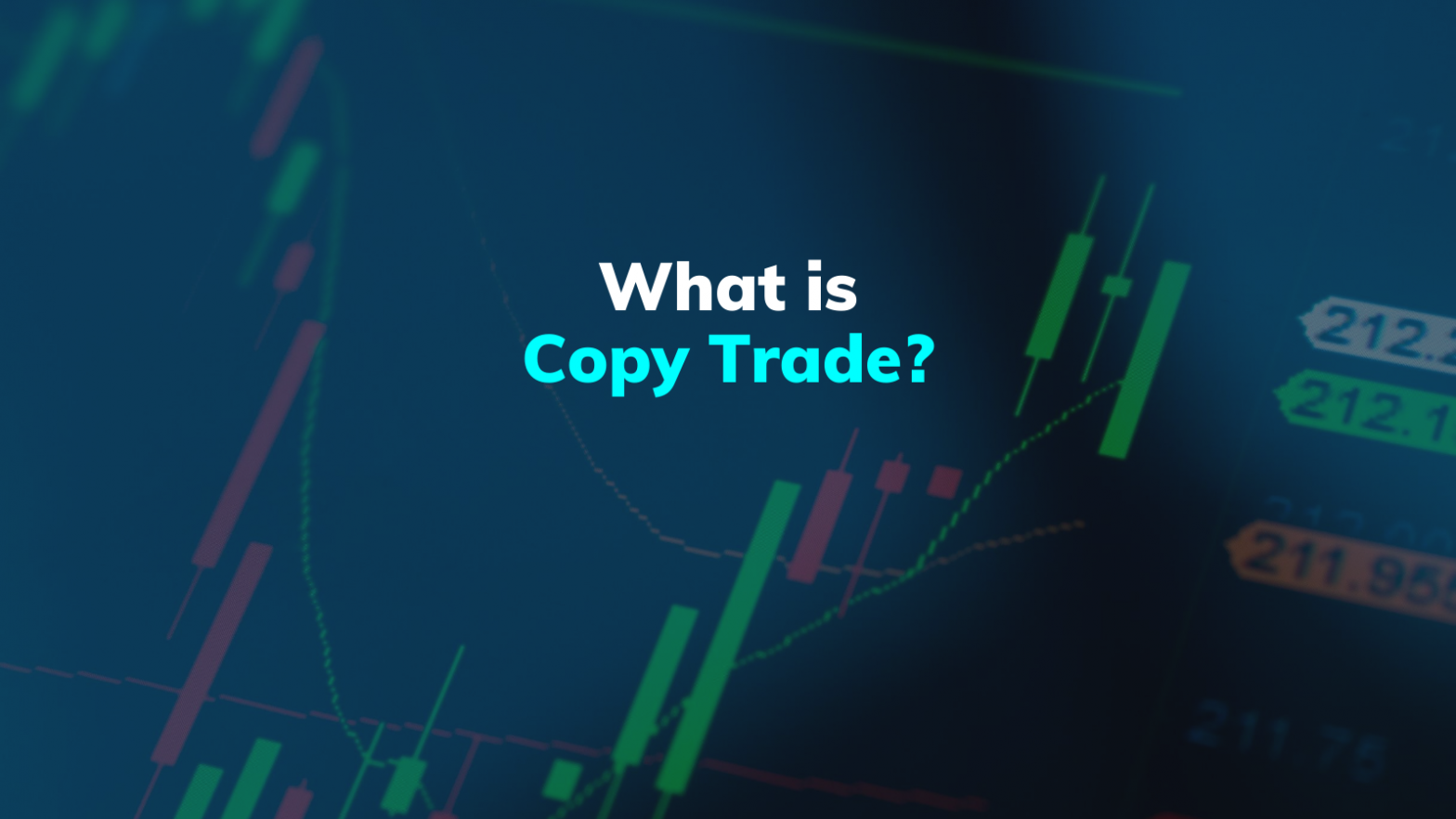
In this article, we will talk about the digital wallet

What is a digital wallet?
A digital wallet is a tool that you can use to interact with the blockchain network. It is a digital-based system for conducting digital exchanges and commercial transactions. There are many types of digital wallets that can be divided into three groups: software, hardware, and paper wallets. It can also be referred to like the cold and hot wallets depending on their working mechanisms.
Most digital wallets are of software type, which makes their use more convenient than hardware wallets. But hardware wallets tend to be the most secure alternative. On the other hand, paper wallets consist of wallets printed on a piece of paper but their use is now considered old and unreliable.
How do digital wallets work?
Crypto wallets do not store cryptocurrencies, contrary to popular belief. Instead, they provide the tools to interact with the blockchain. In other words, these portfolios can create the information necessary to send and receive digital currencies through blockchain transactions. This information consists of one or more pairs of public and private keys, among other things.
The wallet also includes a title which is an alphanumeric identifier generated based on the public and private keys. In essence, this address serves as a specific blockchain site to which currencies can be sent. This means that you can share your address with others to receive money but you should never reveal anyone’s private key.
The private key allows access to your coins regardless of the wallet you use. So even if your computer or mobile phone is compromised, you can still access your money from another device as long as you have the corresponding private key (or seed phrase). Also, note that the coins are not left on the blockchain but rather are moved from one address to another.
What are cold purses and hot purses?
As mentionnected to the Internet in one way oned before, crypto wallets can also be defined as “hot” or “cold” depending on how they work.
A hot wallet is any wallet cor another. For example, when you create an account on Binance that sends currencies to your wallet, you deposit to the hot Binance wallet. These wallets are very easy to create and quickly accessible making them convenient for traders and other users.
Cold purses not connected. Instead, it uses a physical device to store keys offline which making them resistant to online piracy attempts. As such, cold wallets tend to be the safest alternative to “storing” your currencies. This method is also known as cold storage and is particularly suitable for long-term investors or “HODLers”.
Binance maintains only a small percentage of digital currencies in hot portfolios as a way to protect user money and the rest of the currencies are kept in cold offline wallets. It is worth noting that the Binance DEX Decentralization Platform provides an alternative for users who prefer not to keep their money in a central trading platform.
Types of digital wallets:
Software wallets: Software wallets have different types, each with its own unique characteristics. Most of them are connected to the internet in a way or another (hot wallets). Below are descriptions of some of the most common and most important types: web wallets, desktop wallets, and mobile wallets.
Web wallets
You can use the web wallets to access the blockchain through the browser interface without having to download or install anything. This includes both portfolio trading platforms and other browser-based wallet services.
In most cases, you can create a new wallet and set a password to access it but some web wallet service providers maintain and manage private keys on your behalf. Although this procedure may be more suitable for inexperienced users, it is considered dangerous. Simply put, if you don’t have your private keys, you trust your money with someone else. Many web wallets now allow you to manage their keys either entirely or through shared control (via multiple signatures). Therefore, it is important to check the technical way of making each wallet before selecting the wallet that is best for you.
You should consider using the available protection tools when using digital currency exchange platforms. The Binance platform provides many security features such as device management, multi-factor authentication, anti-phishing code, and withdrawal address management).
Desktop wallets
As the name implies, Desktop Wallet is a program that you download and install on your computer. Desktop Wallets give you full control over your keys and money, unlike some web-based versions. When you create a new desktop wallet, a file called “wallet.dat” is stored locally on your computer. This file contains the private key information used to access the digital currency addresses so you must encrypt it with a personal password.
If you have encrypted your desktop wallet, you will be prompted to provide your password each time you run the program so that it can read the wallet.dat file. If you lose this file or forget your password, you will likely lose access to your money stored in this wallet.
Therefore it is necessary to back up the wallet.dat file and keep it in a safe place. Alternatively, you can also export the private key or the Seed Phrase. By doing this you will be able to access your money using other devices in case the computer stops working or cannot be accessed in one way or another.
Desktop wallets can be considered more secure than most versions of web wallets in general, but it is imperative that your computer be clean of viruses and programs before setting up and running a cryptocurrency wallet.
Mobile wallets
Mobile wallets work just like desktop wallets but are specially designed for smartphone apps. These applications are very convenient and easy to use as they allow you to send and receive digital currencies through the use of QR codes.
As such, mobile wallets are particularly suitable for completing daily transactions and payments making them a viable option for Bitcoin, BNB and another cryptocurrency spending. Trust Wallet is a prime example of digital mobile wallets.
Cell phones are vulnerable to malicious applications and malware infection just like computers. Therefore it is advised to encrypt your mobile phone wallet with a password and back up your private keys (or the initial phrase) in case your smartphone is lost or damaged.
Hardware wallets:
Hardware wallets are physical electronic devices that use a random number generator (RNG) generator to create public and private keys. The keys are then stored on the device itself and it is not connected to the internet. As such, this type of storage acts as a cold wallet and is considered one of the safest alternatives.
While these wallets provide higher levels of security against online attacks, they may pose risks if the firmware is not implemented properly. wallet devices also tend to be less easy to use and access to money becomes more difficult compared to a hot wallet.
To overcome the problem of lack of accessibility you can use Binance DEX to connect your device directly to the trading platform. This is a safe way to access your money because private keys never leave your device. Some web wallet service providers also offer a similar service that allows wallet devices to be connected to their browser interface.
You should consider using wallet devices if you plan to hold digital currencies for a long time or if you hold large amounts of digital currencies. Most wallet devices today allow you to set up a PIN to protect your device as well as a recovery phrase that can be used in case your wallet is lost.
Paper wallets
A wallet is a piece of paper on which the digital address and its key are printed in the form of QR codes. These codes can then be scanned to perform cryptocurrency transactions.
Some paper wallet sites allow you to download their instructions for creating new addresses and keys while offline. As such, these wallets are highly resistant to online piracy attacks and can be considered as an alternative to cold storage.
However, the use of paper wallets has become dangerous and should not be encouraged due to the many drawbacks. If you still want to use it, it is imperative that you understand the risks. A major disadvantage of paper portfolios is that they are not suitable to partially send money but only their entire balance can be sent in one payment.
For example, imagine that you created a paper wallet and executed several transactions to fund it and its total balance at the end of the day became 10 BTC. If you decide to spend 2 BTC, you must first send the 10 BTC to another type of wallet (for example a desktop wallet) and only then can you spend a portion of the money (2 BTC). You can later return the 8 BTC to a new paper wallet, which is why wallet hardware and software wallets are a better choice.
Technically, if you import the key to the paper wallet into a desktop wallet and spend only a portion of the money, cryptocurrencies will be sent to the “Change Address” that is automatically generated by the Bitcoin protocol and if you do not manually assign the Change Address to an address that you control, you will likely lose your money.
Most software wallets process the change address on your behalf and send the remaining currencies to an address that is part of your wallet. But the important thing is to remember that your paper wallet will be empty after sending its first transaction regardless of the amount. So do not expect to be reused later.
Most popular examples
Trezor
It is a flash that you can carry anywhere and enjoy high security and it is beneficial for those who want to save digital currencies in large quantities and some trading platforms use this wallet because it is considered one of the cold portfolios that do not have any connection with internet and thus the fear of stealing it is very weak compared to the rest of the wallets.
Exodus
One of the oldest wallets that enables you to obtain private keys and supports the most famous currencies such as Bitcoin, Ripple, Bitcoin Cash, Ethereum, and others.
Atomic wallet
It is a modern wallet but it has high and excellent reviews that you can use as a bitcoin storage wallet and also supports private keys and smart devices that support interchange between currencies.
Blockchain.com
It is a wallet that follows the famous blockchain info website, the wallet is reliable and supports private keys and supports only three currencies bitcoin, bitcoin cache, pax, and xlm.
Enjin
A good wallet, but it does not support private keys, but rather supports random words. When you want to use this wallet, you must type the 12 words that appear to you, which are redemption phrases. Beware, you will not be able to retrieve any value from any currency in case it is lost So you can use it for transactions, transmissions, and receivers, but don’t make it a permanent storage wallet. It Supports currency exchange.
Electrum
This wallet is considered one of the oldest Bitcoin wallets and supports smart devices, but it is unfortunate that it does not support all currencies as it supports private keys This wallet uses the most famous cryptocurrency platforms for its strength and feet.
Importance of backup
Losing access to crypto wallets can be very costly. So make sure to backup them regularly. In many cases, this is accomplished by backing up wallet.dat files or Seed Phrases. Basically the initial phrases play a very similar role to private keys but they are easier to manage. If you choose password encryption, remember to backup the password as well.
Notes
Digital wallets are an integral part of using bitcoin and other cryptocurrencies. It is one of the essential parts of the infrastructure that allows sending and receiving money over blockchain networks. Each portfolio type has its advantages and disadvantages, so it is necessary to understand how it works before transferring your money to it.
By community member Dina Mahmoud


